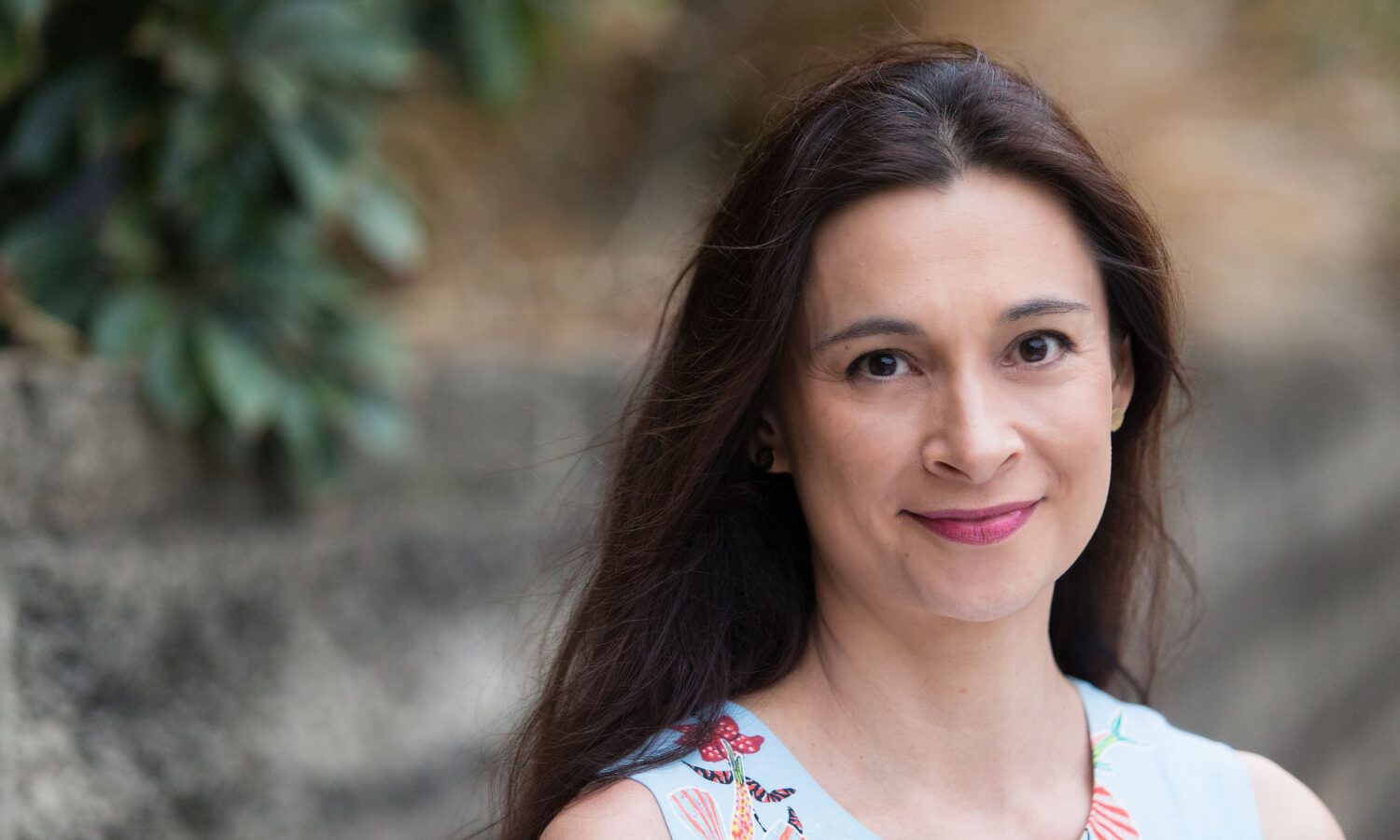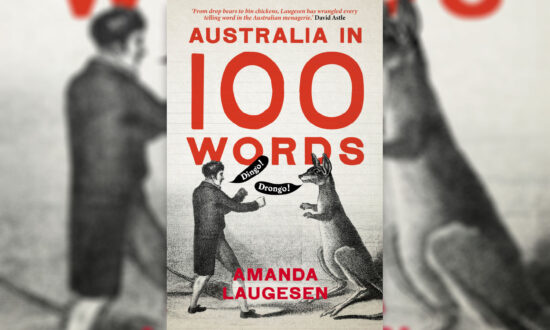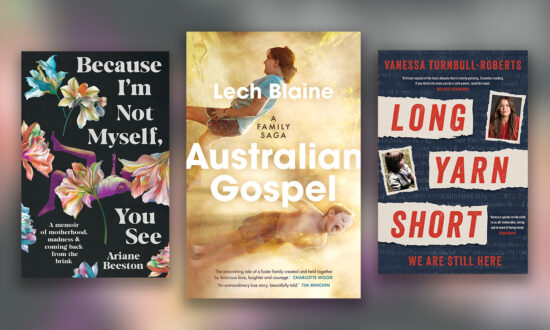In September 1947, at the height of the Indonesian revolution against the reimposition of Dutch colonial authority after World War II in the former Netherlands East Indies, a young Indonesian medical doctor wrote, in a letter to a Dutch friend: “I do not want to see my children suffer in the same way that their parents have done. The feeling of a double-consciousness, to see yourself through the eyes of a white person, with all the inner conflicts bound up with that experience. Two souls, two ways of thinking, in the one person.”
This “double-consciousness” and identity conflict is what sits at the heart of Brisbane writer Mirandi Riwoe’s latest novel, the sweeping and elegiac Sunbirds. Set in pre-World War II Indonesia, her story opens with its main protagonist, Anna van Hoorn, aboard a crashing plane in 1942, fleeing the island of Java.
Aboard a flight chartered for the wives of Dutch colonials, Anna is pretending to be married to a Dutch pilot, Mattijas Huuisman, in order to be evacuated to Australia. Secretly she pines for Sigrit, the brother of her family’s lifelong housekeeper, Diah, and a fighter in the emerging Indonesian independence movement.
The daughter of a wealthy Dutch tea plantation owner and a Chinese-Indonesian woman Hermine, Anna’s burgeoning social and sexual consciousness is shot through with an increasingly impossible to ignore awareness of the liminal territory she inhabits.
Regarded as neither truly Dutch nor Indonesian because she is bi-racial, Anna inhabits a rarefied upper-class social and racial milieu because of her privileged paternity but struggles to reconcile this with the pervasive racism, sexism and classism of which she is growing increasingly aware in her day-to-day life.
Sunbirds is many things: two powerful and unexpected cross-cultural love stories, a colonial and postcolonial narrative, an insight into a society at war and a deft dissection of the double-consciousness that binds its characters and dictates their lives.
Anna’s father is keen for her to marry Mattijas because betrothal to a Dutchman will guarantee her continued elevated social, cultural and economic status. But because of his growing romantic feelings for Diah, Mattijas is less sure of the suitability of their union and Anna herself struggles with her burgeoning feelings for Sigrit.
In addition to sensitively and movingly traversing the emotional terrain of her characters, Riwoe insightfully lays bare the increasing geo-political instabilities of World War II-era Indonesia, exploring the growing crisis through their responses to it.
Initially preoccupied by the Nazi occupation of their ancestral homeland, the Netherlands, they gradually become fearful of Japanese invasion and their gravely misplaced faith in the British forces stationed in Singapore keeping them at bay is fast eroded.
Skilfully interwoven into the complex narrative is a separate novella that intersects with a subplot about the brutal alleged murder of a local woman, Fientje. Inspired by the true-crime case of Fientje de Vries, this secondary story allows Riwoe further substantial scope to explore Anna’s increasing discomfort with her own tenuous racial identity and with her place in a society that clearly demarcates her as representative of both the coloniser and colonised.

Get InReview in your inbox – free each Saturday. Local arts and culture – covered.
Thanks for signing up to the InReview newsletter.
Anna is living an upper-class existence that fundamentally separates her from the very household servants she considers friends and whose Javanese dialect she both understands and converses easily in but who are themselves firmly positioned as second-class citizens.
Reading Riwoe’s novel, I was reminded of a stanza from the poem Schizophrenia by Indonesian-Dutch poet Han Resink in which he writes: “When will come the time the European in me will kill the Indonesian, or the Javanese the Hollander, or lower still the country bum, the Jakartan?”
The sentiment expressed speaks powerfully to Anna’s struggle for self-determination and identity, a struggle which sits at the core of this exquisitely written novel as simultaneously hers, that of the country in which she lives and those with whom she shares her precarious and complicated existence.
Sunbirds by Mirandi Riwoe, University of Queensland Press ($32.99)
Support local arts journalism
Your support will help us continue the important work of InReview in publishing free professional journalism that celebrates, interrogates and amplifies arts and culture in South Australia.
Donate Here




